Cremation services
Did you know that 77% of all funerals in the UK are cremations, rather than burials, according to recent research? If you’re not sure what to expect at cremation funerals, our step-by-step guide will help you understand what happens when a loved one is cremated and how to prepare for the cremation process.
Read on to find out:
- What cremation paperwork do I need?
- What happens before the cremation service takes place?
- What happens at a cremation service?
- How long is a cremation service?
- What is the cremation process?
- What is the cost of cremation?
- What to do with ashes after cremation
What paperwork do I need for a cremation service?
Before a cremation service can take place, you will need to provide the following paperwork:
- Cremation certificate
- Cremation application
As part of the cremation process, our caring professionals will ensure all of the required paperwork is submitted to the Cremation Authority, so that you receive a cremation certificate to allow the funeral to proceed.
What is a cremation certificate?
The cremation certificate is also known as the green form. You should get this when you register the death of a loved one.
What is a cremation application?
The cremation application authorises the process to take place. It’s often referred to as Form 1 in England and Wales and Form A in Scotland. It should be completed by a relative or close friend of the deceased and sent to the Cremation Authority.
If you’re in the process of arranging a cremation funeral, this application form can be obtained by visiting your local council or can be downloaded directly from the council website.
What about medical certificates?
The Cremation Authority will often require two medical certificates from two separate doctors. The Medical Certificate of Cause of Death must be signed by a doctor who has viewed the deceased and determined the cause of the death.
The Confirmatory Medical Certificate must be signed by a second independent doctor who must also certify the fact and cause of death.
What happens if a coroner is involved in the cremation process?
If a coroner is involved in the cremation process, you will not be required to provide medical certificates. In England and Wales, you will be given Form 6 by a coroner. In Scotland, you will be given Form E by a procurator fiscal. Find out more about the role of a coroner.
What happens before the cremation service takes place?
Before a cremation funeral service takes place, the hearse will take the coffin or casket to the crematorium and limousines carrying family and close friends will follow in the funeral procession. Upon arrival, pallbearers will take the coffin into the chapel, placing it on a raised platform called a catafalque.
Depending on the beliefs of you and your loved one, a cremation service can be religious or non-religious. Some cremation funerals begin with a separate service, which can be held in a place of worship or other venue separate from the crematorium.
What happens at a cremation service?
Typically, the coffin will remain on the catafalque whilst the service takes place. The end of the service is known as the committal and the coffin is usually lowered, hidden by curtains, or taken out of the chapel.
After the cremation service, the funeral director will lead close family out of the chapel, followed by other mourners. If you would prefer the coffin to remain on view until everyone has left the chapel, our caring professionals can arrange that for you.
If you wish to play a loved one’s favourite piece of music during the service, most crematoria will be able to facilitate this for you. Some crematoria also have video streaming facilities available, allowing absent family and friends to watch the cremation service live on the internet.
How long is a cremation service?
The duration of the service varies between crematoria, though it is usually 45 minutes. This allows enough time for people to enter the chapel, hold the service and pay their final respects to the deceased.
What is the cremation process?
The cremation ceremony will always take place on the same day as the service, usually within a few hours. A close family member may witness the ‘charging’ of the cremators, as some religions require. Every cremation is carried out in accordance with the Cremation Code of Practice.
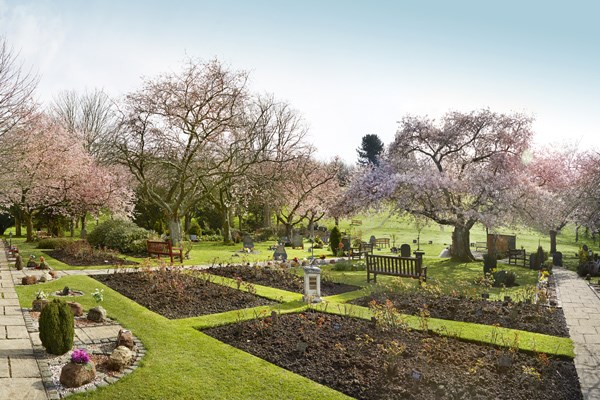
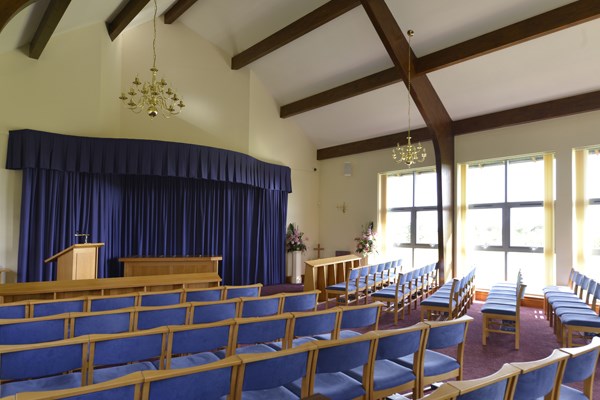
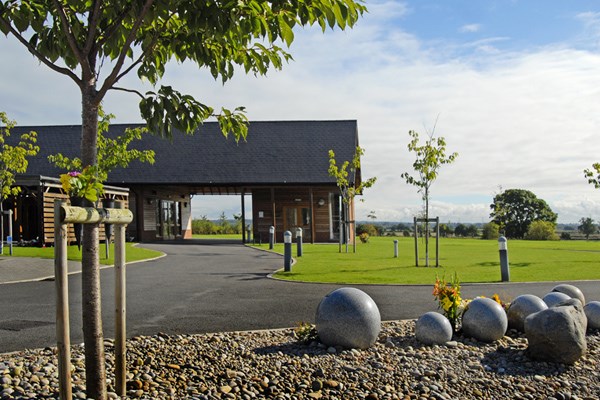
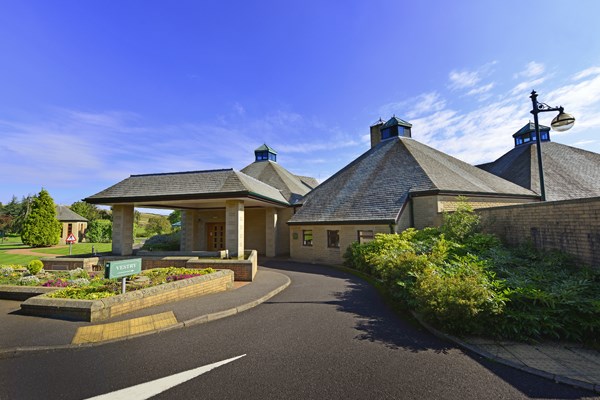
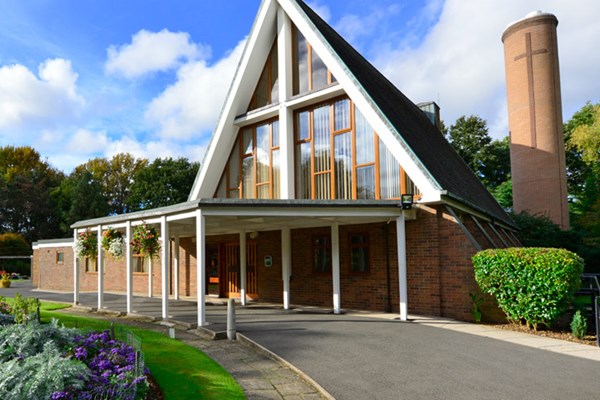
What is the cost of cremation?
It’s important to keep the following funeral costs in mind when considering a cremation service for your loved one:
- Crematorium charges will depend on your local area
- Some crematoriums will not charge a fee if your loved one was under the age of 17
- Memorial trees, plaques and headstones
- Family garden plots in a garden of remembrance
- Ashes urns and caskets
Discover more about the cost of a cremation funeral.
Find out what to do with ashes after cremation
Following a cremation service, you can arrange for the ashes to be scattered or buried in the crematorium garden of remembrance. Alternatively, the ashes can be returned to you, which will typically be within 10 days of the cremation service taking place.
Deciding what to do with ashes after a cremation is an essential part of the grieving process, but before you decide anything, it’s important that you explore your options and learn what legal requirements you must abide by.
Read our guide on 20 unique things to do with ashes after cremation.
Talk to your local Funeral Director about a cremation service
Your local Dignity Funeral Director will help arrange a cremation service for your loved one. Contact us to find out more about cremation services near you.


